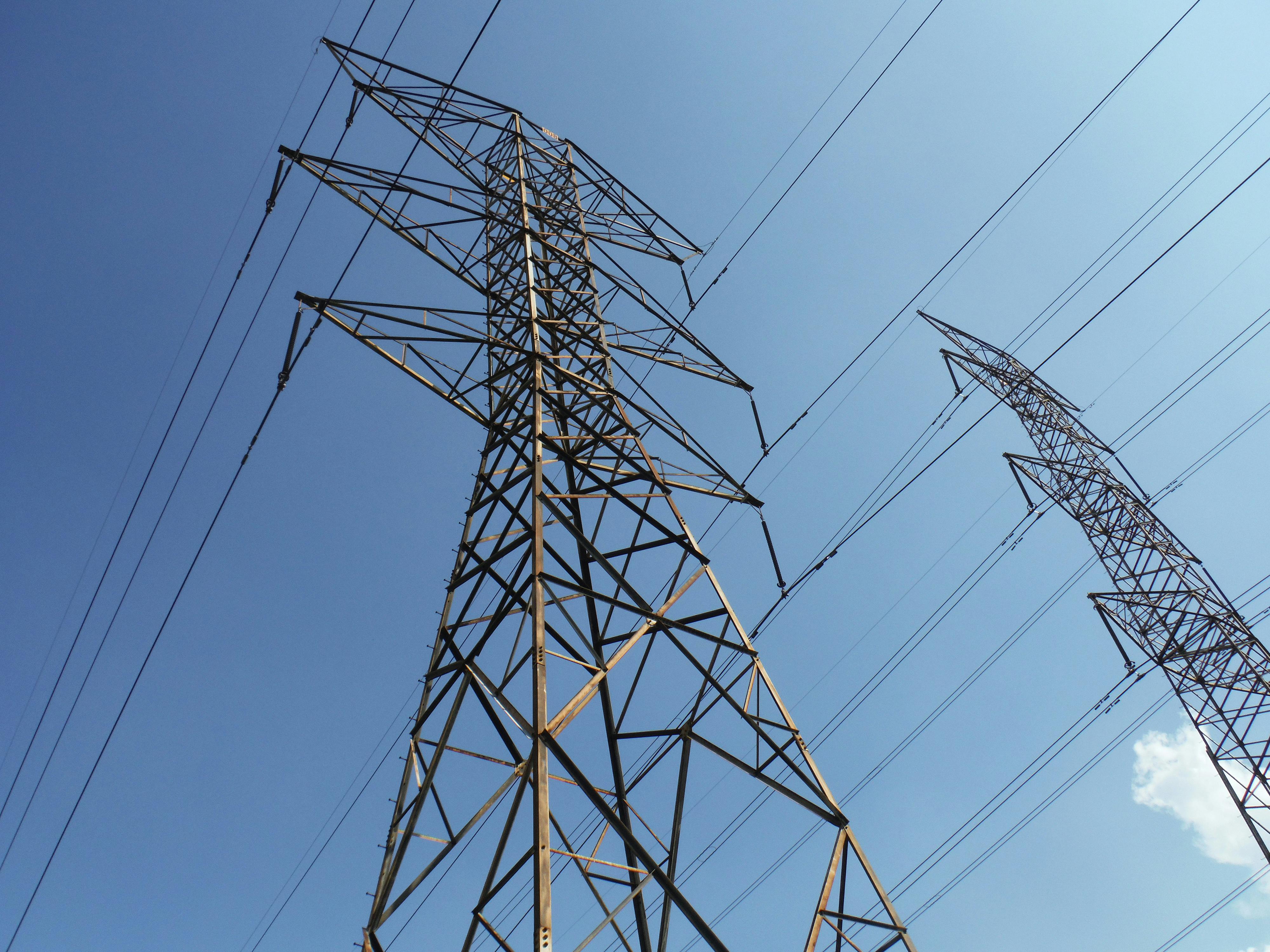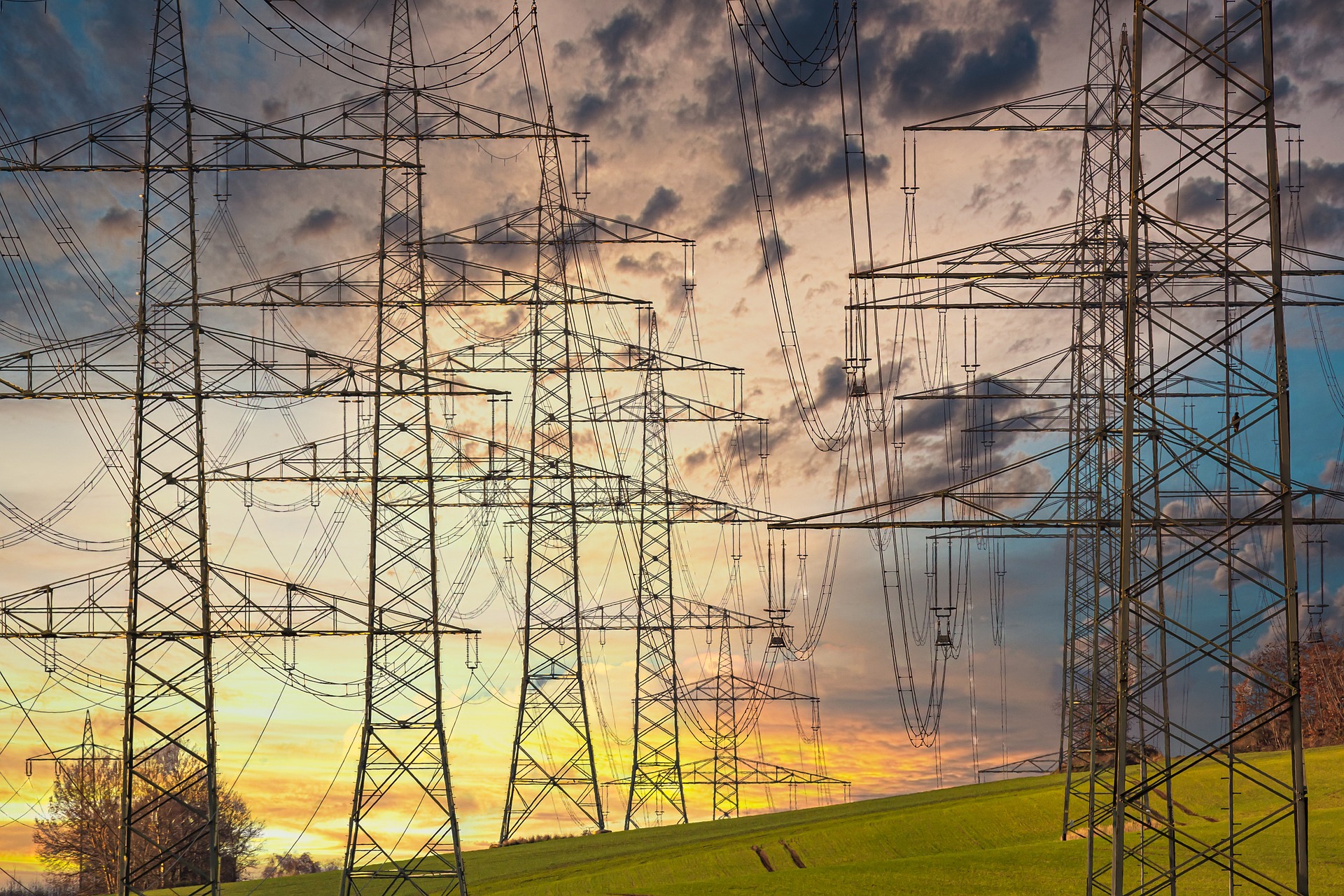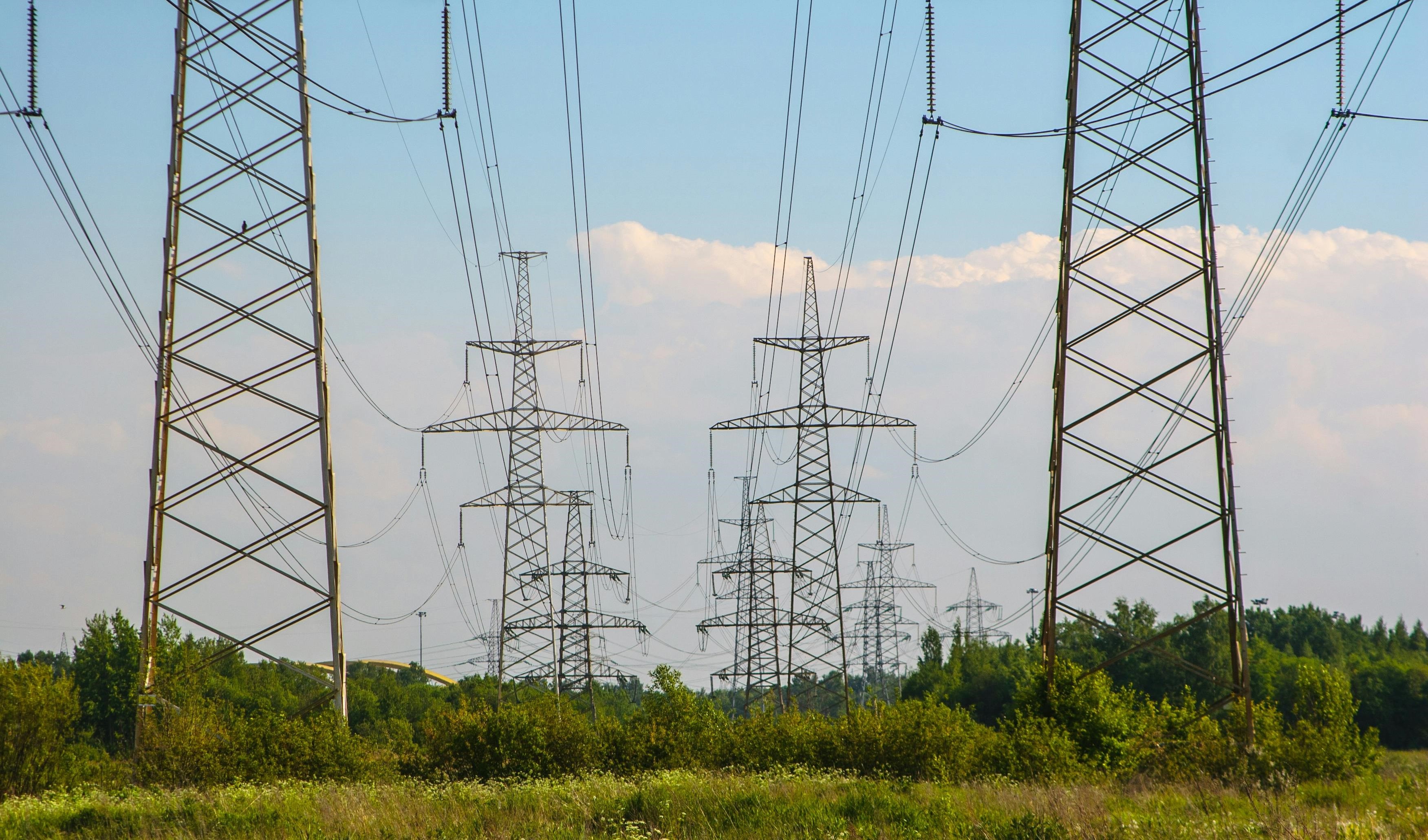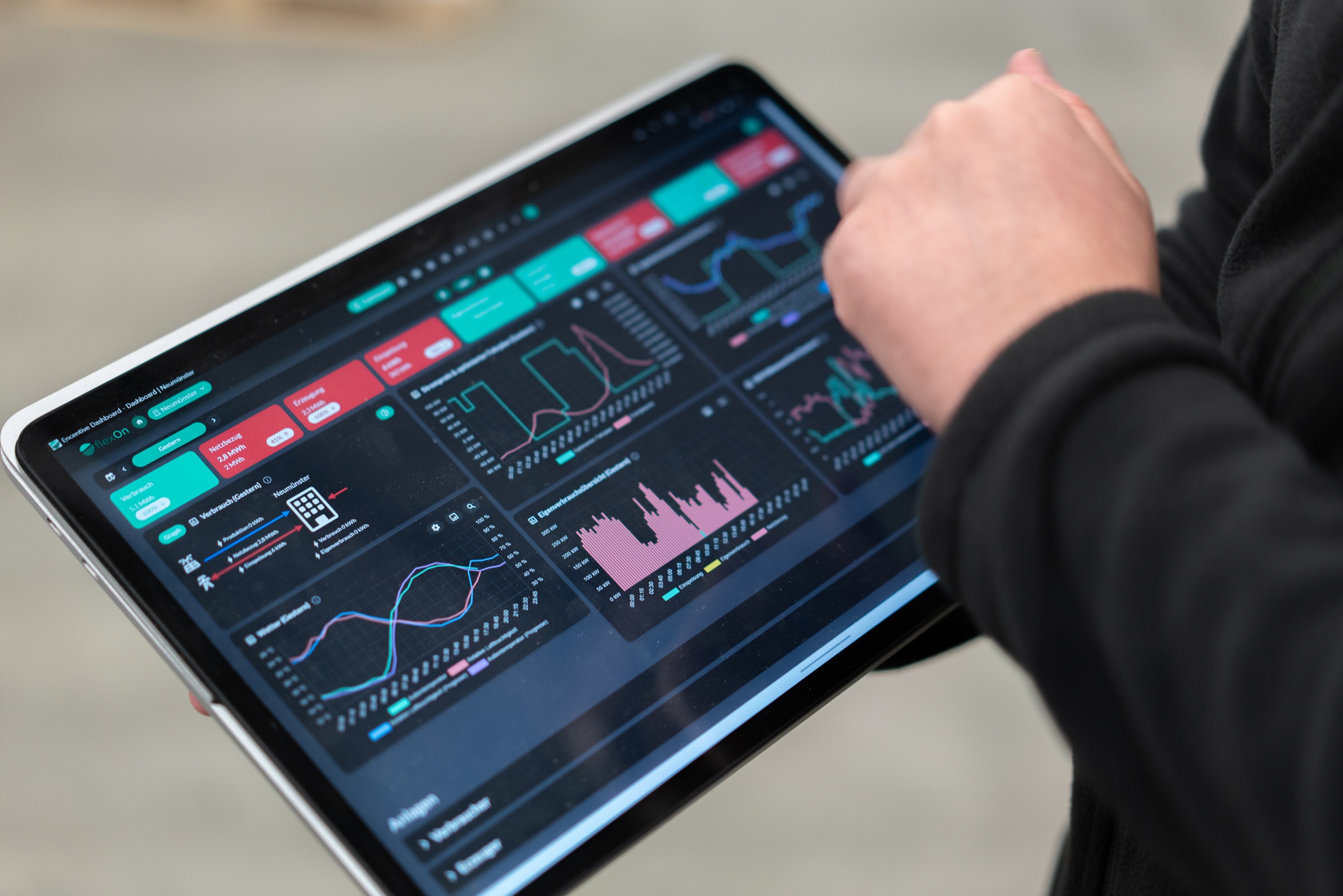Why companies rely on energy management
There are many reasons why companies are looking for innovative energy management. Based on the experiences and feedback from our customers, we have summarised the three biggest challenges.

Why use energy management?
More and more industrial companies are looking for energy management systems. The causes range from the desire for savings to sustainability efforts to participation in the smart grid. In addition, the situation on the energy market is currently more tense and dynamic than ever. In discussions with our customers, we encounter the following three challenges most frequently.
Market uncertainty and regulation
The first challenge lies in the uncertainty that has characterised the energy market recently. Energy prices are extremely volatile, i.e. fluctuate strongly, and are difficult to predict. In August 2022, for example, gas prices in the EU remained at a peak of 1000% compared to the previous decade (Council, 2024). Events such as the war in Ukraine show how dependent companies are on energy markets and suppliers and that these events can create life-threatening situations. Volatility will also continue to increase because of the increasing integration of renewable energies into the energy system. This is due to the fact that solar and wind energy is excessively available at certain times of day and barely available at other times of day.
Additionally, the regulations of the energy market are difficult to predict. However, major investments such as in high-temperature storage and electrification require long-term planning periods and security. They can only be implemented by companies if reliable framework conditions regarding funding, tax incentives and regulatory requirements are created.
Lack of staff
Another important point is the increasing shortage of qualified specialists. According to current estimates, 1.8 million jobs remain vacant in the German economy, resulting in a loss of 90 billion euros in added value (TUESDAY, 2023). There is a lack of specialists who can invest in hardware and implement measures for energy efficiency and energy optimisation. Without automated, smart energy management, huge optimisation potential remains untapped, and companies lose six-figure savings.
Furthermore, many companies lack the necessary expertise in the areas of energy markets, artificial intelligence and software. They do not concern their core business and therefore do not represent their core competencies. As a result, they cannot develop an energy management system that meets their requirements themselves.
Automated energy management as a solution
The challenges and problems faced by our customers are diverse and complex. Our flexOn smart energy management system helps them to cope with them. With flexOn, companies can react to increasing volatility and take advantage of fluctuating market prices. Thanks to a lean licensing model, they do not have to make large initial investments. The costs are usually amortised in three to six months. With the modular structure of the energy management system, our customers create an essential basis for becoming more independent of the supplier, regulatory changes and market fluctuations in the long term.
In addition, the use of flexOn relieves the workload of specialist staff. Many energy management systems simply visualize energy flows and suggest measures for energy optimisation. In this cases, companies still need specialist staff to implement the measures. In contrast, flexOn is fully automated: Besides data visualization, our AI also creates forecasts and optimised schedules. In accordance with these schedules, our energy management system then automatically controls the electrical consumers. No additional staff is required.
AI-based energy management with automated control also allows our customers to remain competitive: They save up to 20% of their energy costs, which often amounts to six to seven figures. At the same time, they reduce their emissions by up to 30%. As a result, energy management can make an important contribution to the sustainability strategy. We give our customers tips on how they can utilise the use of flexOn in their communication to position themselves on the topic of sustainability.
Smart energy management with flexOn enables our customers to overcome market uncertainty, a shortage of specialist staff and efficiency pressure while becoming more sustainable and competitive at the same time. With the right strategy and technology, they can overcome their challenges and turn them into opportunities.





.png)


















